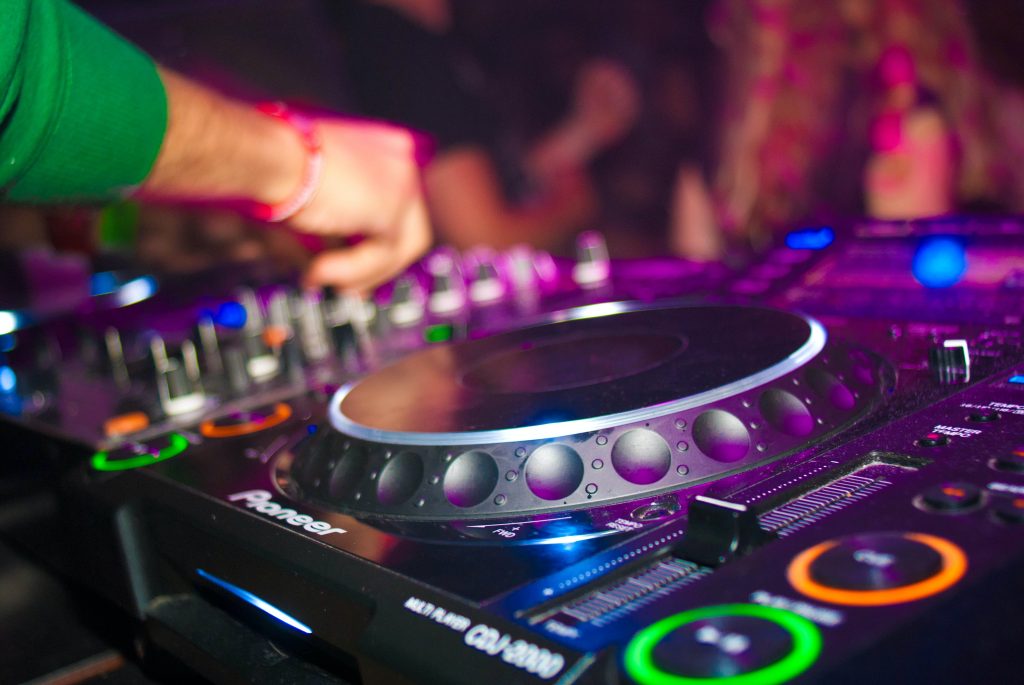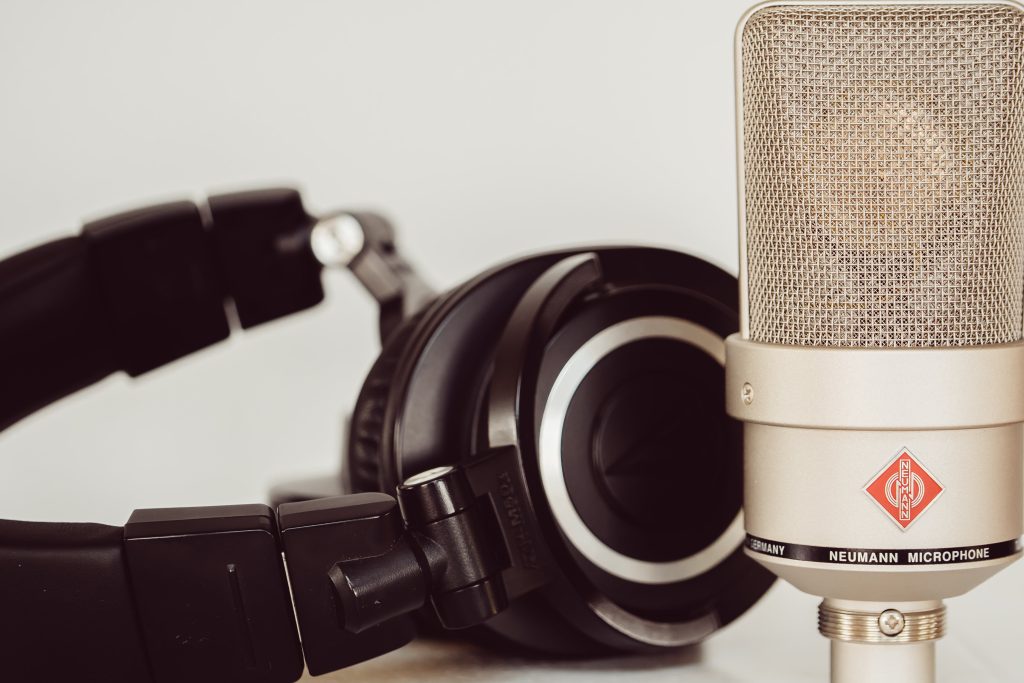
Creating an album is indeed a transformative journey that requires a blend of creativity, dedication, and craftsmanship. It’s fascinating to see how technology has opened up new possibilities for artists these days. One of the major areas where this transformation is being observed is the music industry. Artificial intelligence (AI) has revolutionized the way music is created, consumed, and experienced. From composition and production to personalized recommendations, AI technology is transforming the landscape of musical creativity. In this article, we will delve into the profound impact of AI on the music industry and explore how it is reshaping the way music is created and experienced.
- AI in Composition and Songwriting.
- AI in Music Production.
- AI in Music Recommendation and Discovery.
- AI in Live Performances.
- Challenges and Ethical Considerations.

Creating music has always required immense creativity and skill. However, with the use of AI algorithms, musicians now have access to powerful tools that can assist in generating melodies, harmonies, and even lyrics. These algorithms can analyze vast amounts of existing music data to identify patterns and generate original compositions in various genres and styles. This not only speeds up the creative process but also offers new possibilities for experimentation and collaboration between humans and machines.

AI technology has also been transforming the music production process. From sound engineering to mixing and mastering, AI algorithms can enhance the quality and efficiency of the production workflow. With AI-powered plugins and software, producers can automatically adjust levels, EQ, and dynamics, saving them a significant amount of time and effort. Additionally, AI can analyze audio files and identify potential issues, such as background noise or pitch correction, allowing producers to refine their recordings with precision.
The impact of AI in the music industry can be seen most notably in personalized music recommendations. Streaming platforms and music apps use AI algorithms to analyze user preferences, listening habits, and contextual data to create customized playlists and suggested tracks. By understanding individual tastes and behaviors, AI can introduce listeners to new artists and genres they may find appealing. This not only enhances the user experience but also provides musicians with a wider audience reach and exposure.
Creating an album is a transformative journey that requires a unique combination of creativity, dedication, and craftsmanship. Every step of the process, from the initial spark of inspiration to the final touches in the mastering process, is significant. In this article, we will take a deep dive into the captivating journey of making an album, exploring the various stages and intricate details that contribute to the creation of a musical masterpiece.
As AI continues to integrate into the music industry, it provides various advantages, but it also brings up significant ethical considerations. One of the primary concerns is the potential loss of artistic authenticity and the human touch in music creation. Critics believe relying too heavily on AI algorithms may result in formulaic and predictable compositions, lacking the depth and emotional complexity of human-generated music. Furthermore, there are concerns about copyright infringement and ownership rights when AI is used to create music that resembles existing works, leading to questions about the originality and authenticity of such compositions


